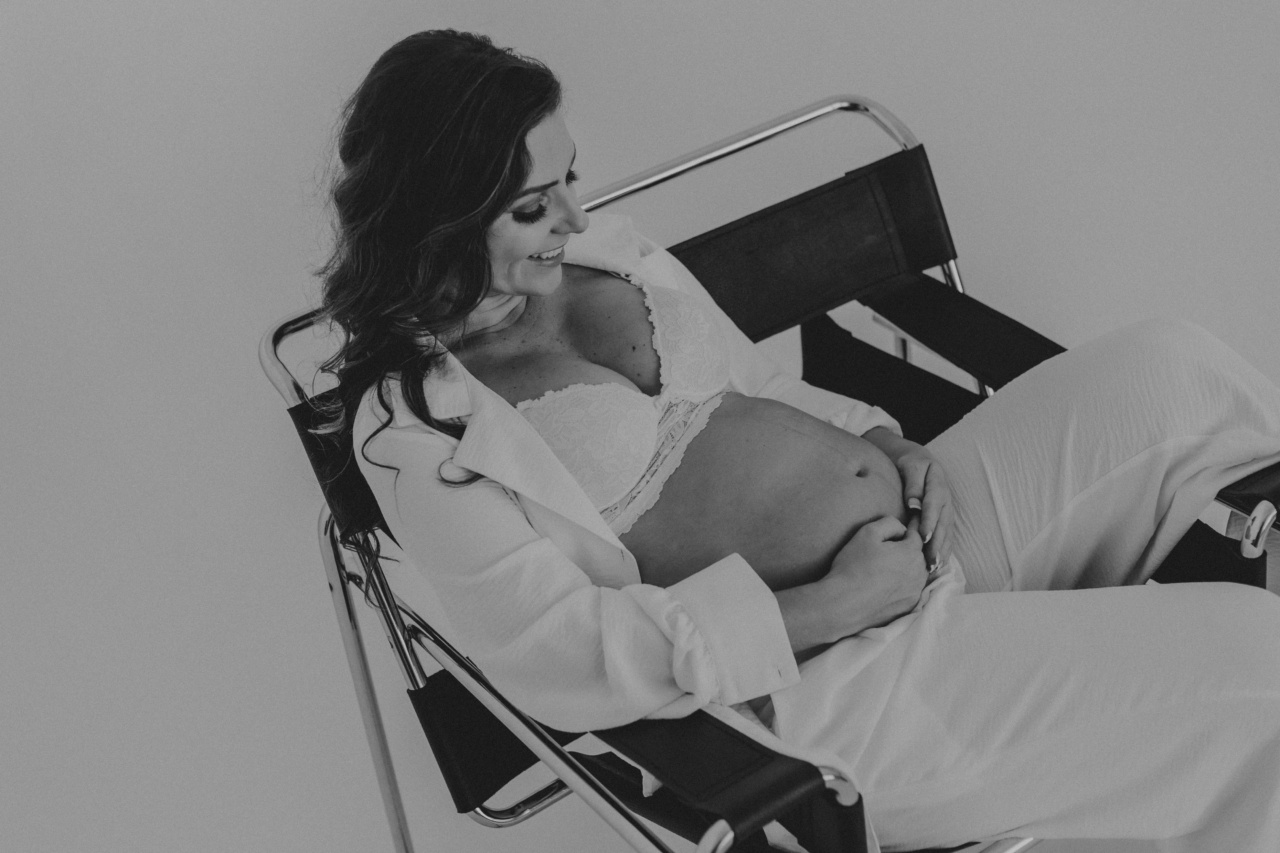Many women today are deciding to have children later in life, and as a result, there has been an increase in the number of pregnancies in women over the age of 40.
While many people believe that it is impossible for a woman to become pregnant after the age of 40, the truth is that pregnancy after 40 is possible, although it does come with certain risks.
The Risks of Pregnancy After 40
There are several risks associated with pregnancy after the age of 40. The biggest risk is that of chromosomal abnormalities.
As women age, their eggs become less likely to be fertilized and their risk of having a baby with chromosomal abnormalities, such as Down syndrome, increases. Women who become pregnant after the age of 40 are also at an increased risk for miscarriage, gestational diabetes, and high blood pressure. They may also have a higher chance of needing a C-section.
Chances of Conceiving After 40
While the risks of pregnancy after 40 are significant, it is still possible for women to conceive. However, their chances of conceiving naturally decrease with age. It is estimated that by the age of 40, a woman’s fertility has decreased by half.
By the age of 45, fertility has declined by 95%. This means that women who want to conceive after the age of 40 may need to consider fertility treatments, such as in vitro fertilization (IVF) or the use of a donor egg.
IVF and Donor Eggs
IVF is a fertility treatment that helps women become pregnant. It involves taking fertility drugs to stimulate the ovaries and then retrieving eggs from the woman’s ovaries.
The eggs are then fertilized in a laboratory and the resulting embryos are transferred to the woman’s uterus. IVF has a high success rate, but it can be expensive and there is no guarantee of success.
Another option for women who want to have a baby after the age of 40 is to use a donor egg. This involves using an egg from a younger woman that has been fertilized with the woman’s partner’s sperm.
The fertilized egg is then transferred to the woman’s uterus. Using a donor egg has a high success rate, but it can also be expensive.
Preparing for Pregnancy After 40
Women who want to become pregnant after the age of 40 should take steps to prepare their bodies for pregnancy.
This includes getting regular check-ups with their healthcare provider, maintaining a healthy weight, and following a healthy diet and exercise plan. Women who are over 35 should also consider meeting with a genetic counselor to discuss their risk of having a baby with chromosomal abnormalities.
They may also need to take additional prenatal vitamins and supplements to ensure that they are getting all the necessary nutrients for a healthy pregnancy.
Conclusion
While pregnancy after the age of 40 does come with certain risks, it is possible for women to conceive and have a healthy pregnancy.
However, it is important for women to take steps to prepare their bodies for pregnancy and to discuss their options with their healthcare provider. Women who are struggling to conceive naturally may want to consider fertility treatments, such as IVF or the use of a donor egg, to increase their chances of becoming pregnant.






























